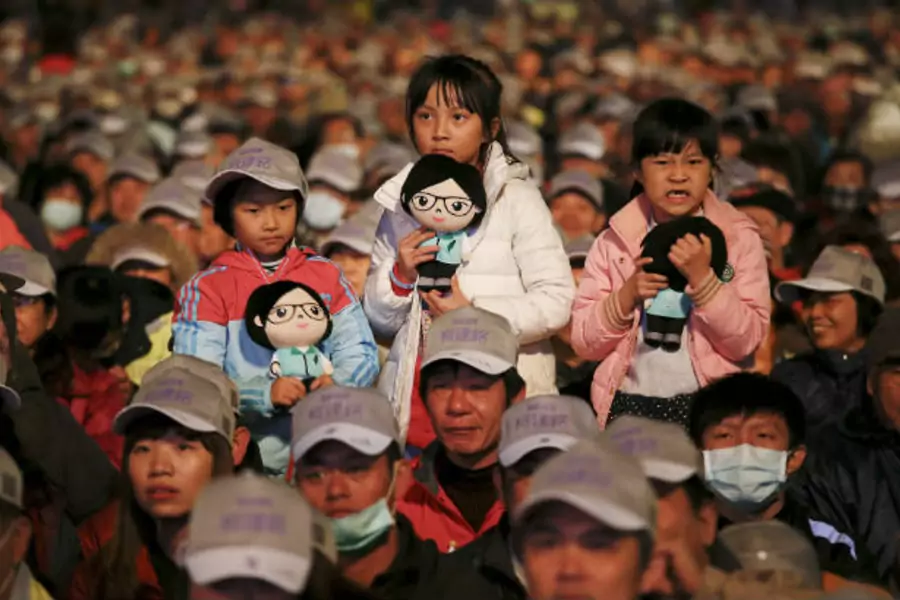Women Around the World: This Week

More on:
Welcome to “Women Around the World: This Week,” a series that highlights noteworthy news related to women and U.S. foreign policy. This week’s post, covering January 8 to January 15, was compiled by Anne Connell and Becky Allen.
Women’s representation in Taiwan Tsai Ing-wen, chairwoman of the opposition Democratic Progressive Party, is widely expected to be voted into power as Taiwan’s first female president in Saturday’s elections. Ms. Tsai, a lawyer and professor educated at Cornell and the London School of Economics, vied for the presidency in 2012 and lost. Polling suggests that her campaign’s focus on energizing the economy and improving the social safety net has resonated with the public, and that she will secure a sizeable margin of victory this time around. Her win would be a landmark not only for Taiwan, but for the region: Tsai would become East Asia’s first female leader unrelated to a powerful male politician. Many female candidates are also breaking barriers in Taiwan’s legislative races. Scholars assert that the factor most directly linked to women’s advancement in Taiwanese politics is likely the series of quotas imposed since the 1950s that reserve seats for women and set some minimums for gender representation at the party-level.
Suppression of human rights activism in Saudi Arabia Saudi officials arrested Samar Badawi, a prominent advocate for human rights and gender equality, earlier this week and held her for several days without charges before releasing her on Wednesday. Badawi was taken, along with her two-year-old daughter, to a police station in Jeddah and interrogated for four hours in connection to her role managing a Twitter account linked to her former husband. He and her brother are both imprisoned on charges related to activism. International human rights watchdogs have cited her detention as proof of authorities’ blatant disregard of human rights obligations and intent to suppress peaceful political dissent.
Increased mobility for the women of Mumbai Mumbai’s highest court is expected to reach a decision next week on whether to lift a ban on women entering certain places of worship. The legal battle began three years ago when Noorjehan Niaz, co-founder of the Indian Muslim Women’s Movement, discovered that she was barred from entering the renowned Muslim shrine of Haji Ali. Discrimination against both Muslim and Hindu women at religious sites is rife throughout India: many sites allow entry only to girls under the age of ten or women over the age of fifty, because women of reproductive age may be menstruating and are considered impure.
More on:
 Online Store
Online Store